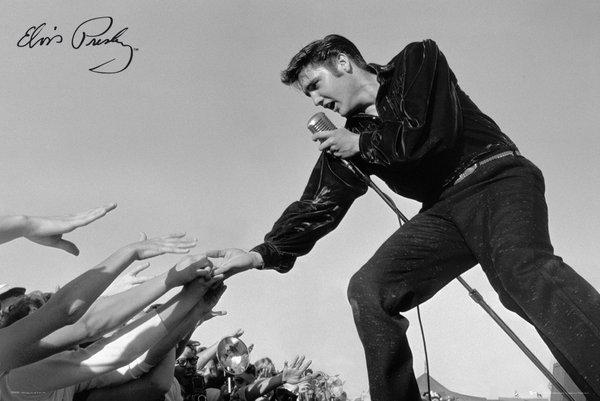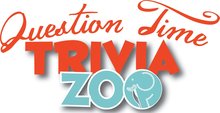 You don’t have to research this question for long to realise Elvis’ song-writing ability is a hot topic amongst his fans. Despite the clear and demonstrable affection they hold for the enduring King of Rock, most recognise that Elvis’ talent didn’t lie in writing words and music; it lay in their interpretation. Elvis’ ability to inject emotion and energy into the most lethargic composition is legendary and with an unprecedented 80 top ten hits his catalogue continues to reap enormous returns into the 21st century. Despite this, some controversy swirls around the fact that, early in his career, Elvis was “gifted” the writing credit and royalties for some of the songs he recorded. This deal, struck by manager Col. Tom Parker had a simple premise: songwriters shared credit with Elvis, he recorded the tunes and the money poured in. The 1956 smash hit “Love Me Tender”—a reworking of the Civil War song "Aura Lee"—was adapted by Grammy Award winning composer Ken Darby and published under Elvis Presley Music. Although Elvis (and Darby’s wife Vera Matson) received song-writing credit, this merely reflected a requirement of his Hill & Range publishing deal—which demanded songwriters concede 50 percent of the credit of their song if they wanted Elvis to record it. Elvis himself was quite open about where his talents lay. In a 1957 interview he stated: "I've never even had an idea for a song. Just once, maybe. I went to bed one night, had quite a dream, and woke up all shook up. I phoned a pal and told him about it. By morning, he had a new song, 'All Shook Up'." However, as often happens with all-things-Elvis, even the accuracy of this claim has been disputed. Some of Elvis’ song credits reflect the creative input he exercised in the recording studio. Freddy Bienstock, Elvis’ music publisher, explained that Elvis received co-writing credit for some early songs because: "In the early days Elvis would show dissatisfaction with some lines and he would make alterations, so it wasn't just what is known as a 'cut-in'.” No one could argue that the King didn’t know what he was doing in the studio. “He knew exactly what he wanted to do,” Bienstock noted. “You couldn’t talk Elvis into doing a song. He had to feel it. He knew what would work for him. On songs that he was particularly fond of he would make a real effort, sometimes he’d do 40 takes. He would know what he really wanted.” Bienstock also acknowledged that Elvis had complete freedom in the studio. “He would listen to various takes over and over again and he would make the final decision as to what take to use. Elvis learned the songs on the demos fairly quickly. He was meticulous in terms of the final result.” In 1961 Elvis and his bodyguard Red West collaborated on an idea that resulted in the gospel-influenced “That’s Someone You’ll Never Forget”. In 1962, Elvis and West joined with singing coach and Elvis confidant Charlie Hodge to create “You’ll Be Gone”. Released in 1965, the song appears on the Girl Happy soundtrack album and is the last recorded instance of Elvis actively participating in the song-writing process. Regardless of his limited song-writing input, Elvis clearly dominated what occurred in the studio (although he was not credited as producer). Ken Darby recognised that Elvis’ role in the recording of a song was both complex and unique: "He adjusted the music and the lyrics to his own particular presentation. Elvis has the most terrific ear of anyone I have ever met. He does not read music, but he does not need to.” Ultimately, Elvis was no song-writer but he was a master interpreter of words and music. His songs remain classics for two reasons: the elemental richness and grandeur of his voice, and the stamp he put on every single song he recorded or performed on stage. At the end of the day, his fans argue, it doesn’t really matter who inked the original notes—an Elvis song is an Elvis song for one reason. And we all know what that is. What is a meme generator?
answer is the next blog headline! Trivia Zoo quiz nights are superior to other trivia nights because we use PowerPoint* slideshows loaded with quality graphics. Our questions are closely vetted to ensure all ages and skill levels are accommodated. Questions are culturally respectful and inclusive and we can get the package to you instantly via secure email. *If you don't have PowerPoint it doesn't matter. We supply a link to PowerPoint Viewer - a free download from Microsoft
1 Comment
|
TZOZTrivia Zoo maintains a collection of wild facts for study, conservation, or display to the public. ArchivesCategories |
Our Products |
CompanyAbout
ABN 57 983 309 523 |
Support |
© COPYRIGHT 2015. ALL RIGHTS RESERVED.



 RSS Feed
RSS Feed